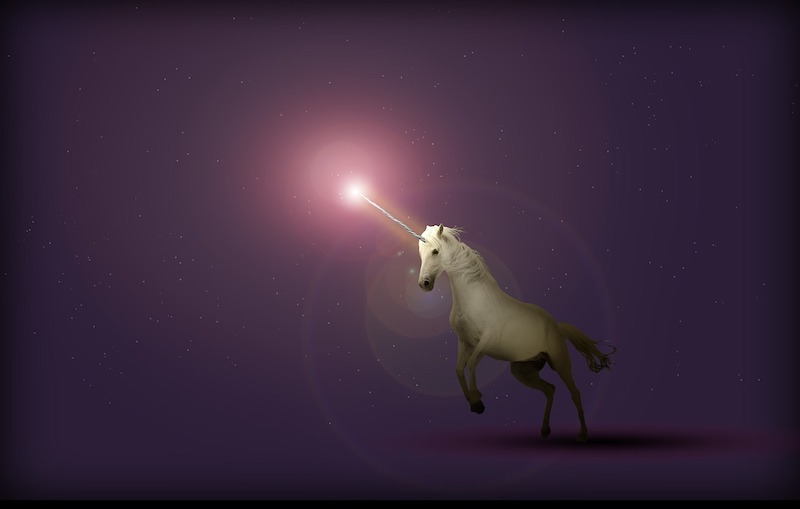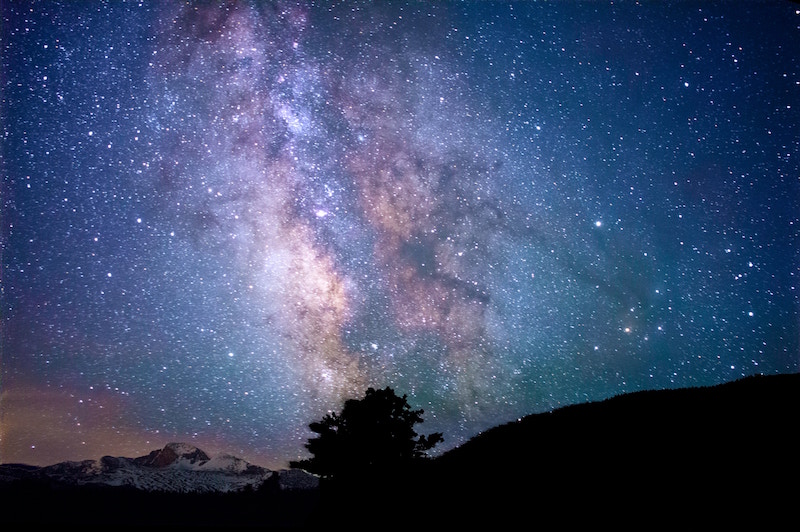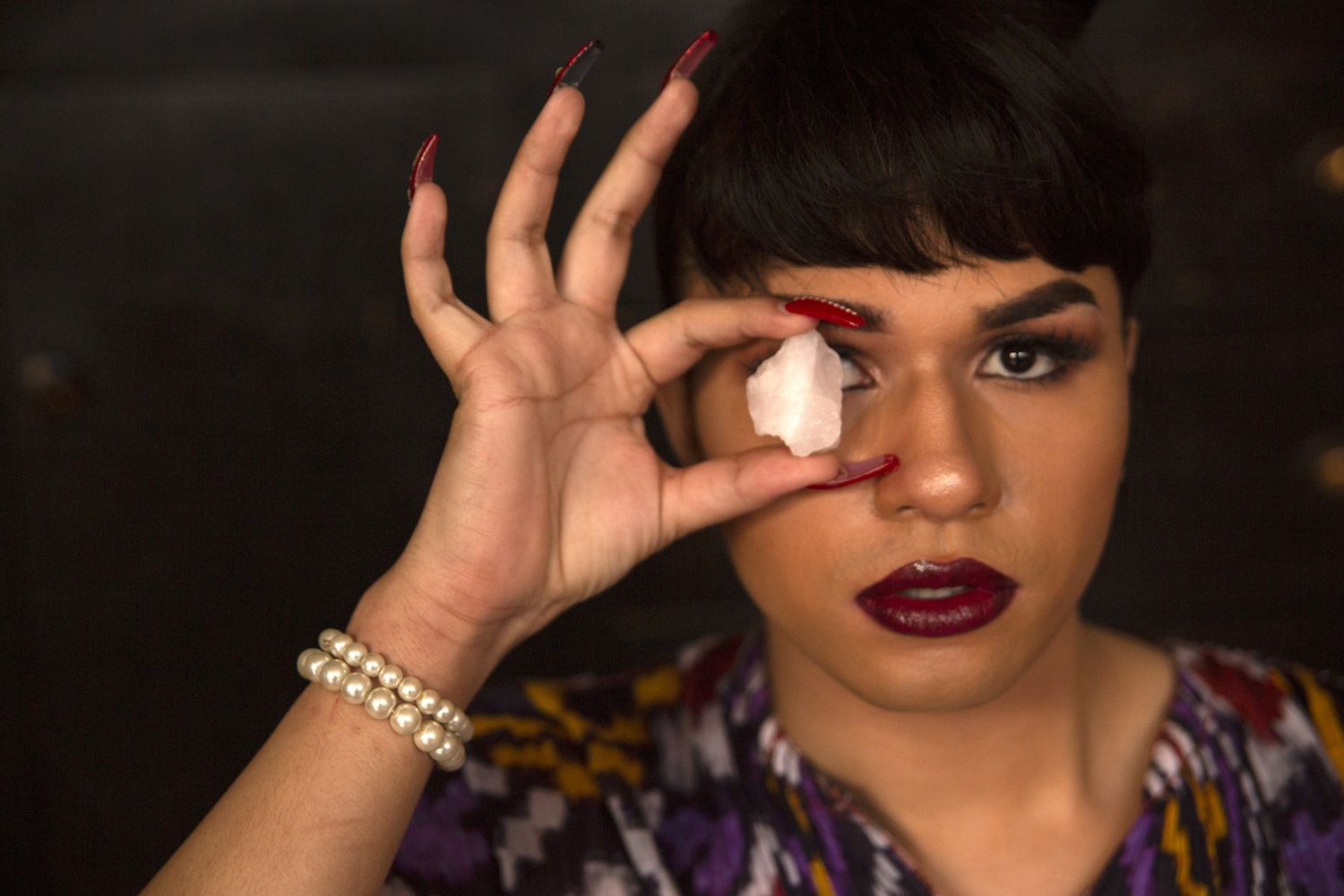The Real Problem with Doreen Virtue’s Unicorn
Cindie Chavez ©2019
There has been a flurry of conversation this week about Doreen Virtue’s controversial “A to Z list of New Age Practices to Avoid and Why.”
For decades, Doreen Virtue has been one of the most prolific producers of New Age books and content, creator of a multitude of tarot and oracle decks, and author of an astounding number of books on subjects such as tarot, angels, indigo children, magic, Hermeticism, Saints, chakras, and crystals. Recently, Ms. Virtue has converted to Christianity and forsaken all of her former teachings.
This week Ms. Virtue published a lengthy list of things she advises us to avoid including yoga, sage, reiki, statues, zodiac signs, mindfulness, Mercury Retrograde (!), peace signs, and hypnosis, to name a few.
But, the item that seems to have caused the most consternation (as well as some outright mockery and hysterical banter) is…Unicorns.
Ms. Virtue writes, “Neon-colored unicorn images can be used by the devil to mesmerize us into his kingdom, where glitter substitutes for the bright light of Jesus. Remember that the devil always copies God, using poor quality substitutes. Whether or not unicorns really existed in the past (and the KJV Bible uses the term unicorn in place of oxen), we must be cautious about sparkly enticements that the devil places before us. Pray for Holy Spirit’s wisdom and guidance about having unicorn images in your home.”
But obviously, the real issue here is not unicorns, or anything else on this list.
The real issue is Fundamentalism. Regardless of what system you find it in, it always looks the same – hyper-literalism, legalism, and unwavering attachment to whatever ideology the adherents apply. But most of all – and maybe worst of all – there is always a strong ingroup and outgroup element.
For a fundamentalist Christian, the “outgroup” is composed of heathens, or “nonbelievers” (which includes everyone that doesn’t hold to a strict Fundamentalist Christian worldview). And, things like tarot cards, crystals, numerology, and a host of other items (such as those on Ms.Virtue’s list) are strictly off limits. Including, apparently, unicorns. (AND HARRY POTTER – *gasp*)
But Christianity isn’t the only place we see the ugliness of Fundamentalism. It can be found in nearly all fringe groups and extremist versions of even the most mainstream religious, political, and social groups.
Fundamentalism can even be found in “new age”, occult, or metaphysical circles, such as LOA (Law of Attraction) groups, often recognizable by this “ingroup/outgroup” distinction, and a subtle (and sometimes not so subtle) shaming of anyone who isn’t holding to specific teachings in the most stringent and literal manner.
This shaming and inconspicuous out-casting is especially problematic when the group’s belief system teaches that everything a person experience is a direct result of their own vibration, a truth perhaps, but an oversimplified one since we live in community with 7.7 billion other people who also have vibrations that interact with our own. This oversimplification causes a lot of shame and stress for anyone experiencing less than optimal results. And since we live here on Earth, a complicated place with plenty of “things to worry about”, we all experience occasional trouble.
Following the “rules” and practicing one’s chosen belief system in an “all-out” manner isn’t fundamentalism. Some of us like to play full out, heart and soul, in a dot-every-i-and-cross-every-t sort of way. And some of us are more laid back, and choose to engage in a more relaxed way. But fundamentalism doesn’t allow the adherent to choose their participation level. There is no freedom to choose a certain path, or way of navigating that path. Fundamentalism chooses for you, and it’s “our way or the highway”.
Fundamentalism in any form – religious, political, social – is worrisome. It always separates, it never unifies.
Fundamentalism closes minds, and hardens hearts. It never encourages curiosity or discovery of any other mindset, worldview, or ideology.
Fundamentalism sees the ingroup as superior, and the outgroup as anathema.
The right to freedom of thought, conscience and religion were drafted into the Universal Declaration of Human Rights and adopted by the United Nations General Assembly in 1948. These freedoms to choose a religion, to change one’s religion, to practice a religion or belief alone or in community make the idea of peace possible.
The closer one gets to fundamentalism, the further one gets from peace, unity, justice, and love.
The real problem is not unicorns.
The real problem is fundamentalism.
More by Cindie:
 Cindie Chavez is known as “The Love & Magic Coach”. She is the creator of MOONTREAT™ – and she has some great free stuff for you at her website: www.cindiechavez.com
Cindie Chavez is known as “The Love & Magic Coach”. She is the creator of MOONTREAT™ – and she has some great free stuff for you at her website: www.cindiechavez.com
Confluence Daily is the one place where everything comes together. The one-stop for daily news for women.





